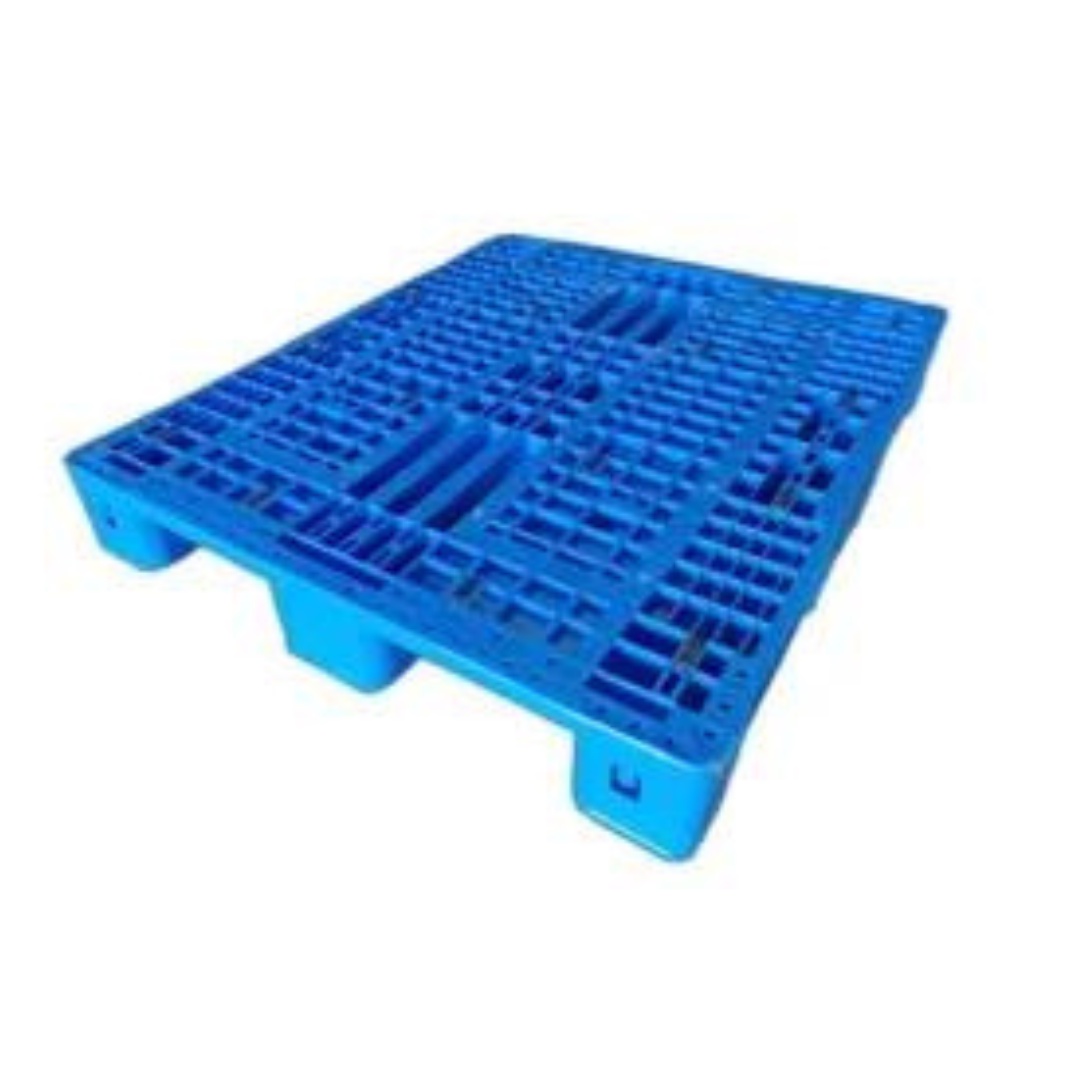In the fast-paced world of logistics, pallets are the unsung heroes that keep things moving. These sturdy platforms efficiently transport and store goods, forming the backbone of countless supply chains. But with so many pallet options available, choosing the right one can feel overwhelming. Here's where features come in – understanding the different functionalities of pallets empowers you to find the perfect match for your needs, ensuring both efficiency and value.
Why Pallet Features Matter?
Pallet features go beyond just size and material. They play a crucial role in factors like:
- Safety: The right features can minimize the risk of injuries during loading, unloading, and storage.
- Efficiency: Certain features can significantly impact how quickly and easily pallets can be handled with forklifts and other equipment.
- Cost: While some features offer increased functionality, they might come at a higher initial cost. Choosing the right features ensures you get the most value for your budget.
Common Pallet Features to Consider:
Now, let's delve into the key features you should consider when selecting your ideal pallet:
-
Material: The most common choices are wooden pallets, plastic pallets, and metal pallets.
- Wooden Pallets: These are the most affordable option, offering good weight capacity and repairability. However, they can be susceptible to moisture damage and require regular maintenance.
- Plastic Pallets: These offer superior durability, hygiene, and resistance to moisture, making them ideal for food and pharmaceutical applications. They also tend to have a longer lifespan but carry a higher price tag.
- Metal Pallets: These are the strongest option, ideal for heavy-duty applications. However, they are the most expensive and susceptible to rust.
-
Size: Standard pallets measure 48" x 40", but various sizes, including half-pallets, are available. Consider your product dimensions and storage space limitations when choosing the size.
-
Weight Capacity: Pallets have a specific weight limit they can safely hold. Choose pallets with a capacity exceeding your product weight to ensure safety and prevent damage.
-
Construction: There are two main construction types: block pallets and stringer pallets.
- Block Pallets: These have a solid wood base, offering excellent weight distribution and stability.
- Stringer Pallets: These have a frame constructed with wooden boards, making them lighter and more cost-effective.
-
Entry Options: Pallets can have two-way or four-way entry, which determines how a forklift can access them. Two-way entry allows for access from two opposite sides, while four-way entry allows for access from all four sides, offering greater flexibility for handling.
-
Additional Features: Some pallets offer additional features like:
- Anti-slip coating: Provides better grip for products, minimizing the risk of slipping during transport.
- Heat treatment: Required for international shipping under ISPM 15 regulations to prevent the spread of pests.
Matching Features to Your Needs:
Now that you understand the key features, how do you choose the right ones? Here's a breakdown based on your specific needs:
- For Shipping: Focus on features like durability, weight capacity, and ISPM 15 compliance (if applicable). Plastic pallets might be a good choice for their strength and resistance to elements.
- For Storage: Features like stability and space optimization become more important. Wooden block pallets offer excellent weight distribution, while pallet racks from a trusted manufacturer like Spanco Storage Systems can maximize your storage space.
Beyond Features: Additional Considerations
While features are crucial, here are some additional factors to keep in mind:
- Environmental Impact: Plastic pallets tend to have a longer lifespan and are often recyclable. Wooden pallets, when sourced sustainably, can also be an eco-friendly option.
- Pallet Availability: Consider the availability of pallets in your region. Consulting with local pallet manufacturers, suppliers, and wholesalers (like those in Bahadurgarh, Delhi, India) can help determine which options are readily available.
Conclusion:
Finding the perfect pallet isn't just about cost – it's about finding the right value for your needs. By understanding the various features available and matching them to your specific requirements, you can ensure optimal efficiency and safety for your operations. Remember, consulting with pallet rack manufacturers like Spanco Storage Systems can provide valuable insights into complete storage solutions beyond just pallets. With the right information and planning, you can find the perfect pallet match, keeping your supply chain moving smoothly and cost-effectively.


No comments yet